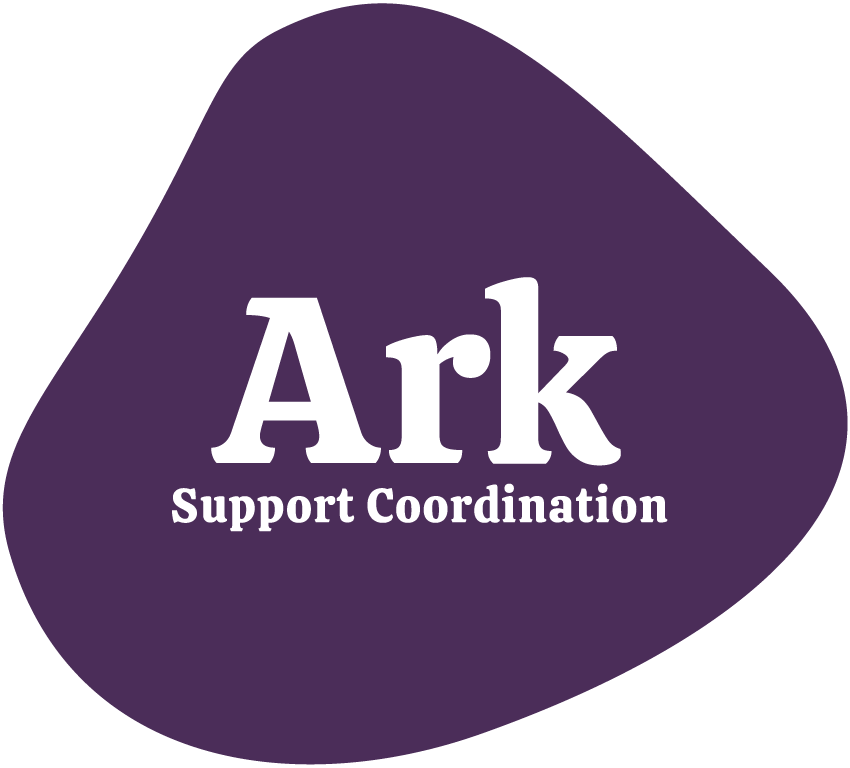Psychosocial Functional Capacity Assessments
NDIS Psychosocial Functional Capacity Assessments provide the National Disability Insurance Agency (NDIA) with an understanding of how an individual living with a disability functions in day-to-day activities, as well as suggesting supports to promote independence in achieving their goals.
For people living with a psychosocial disability or FASD, the impacts on daily living can be episodic and fluctuate in type, severity and duration. Activities we often take for granted; cooking, cleaning, getting ready for the day ahead, to participation in the community activities, socialising and working, can be incredibly difficult to engage in for someone with a psychosocial disability.
A psychosocial functional capacity assessment (FCA) looks at an individual’s day-to-day life and what effect their disability has. An FCA will identify what a person can do independently, what they need support to do, and what they are unable to do.
An effective psychosocial functional capacity assessment will assess a person where they’re at in their journey, while also take in the whole picture to identify marginalisation, social factors and systemic barriers when understanding an individual’s needs.
Our Psychosocial Functional Capacity Assessment Facilitators
Maddy and Dannielle, two of our social workers delivering Psychosocial Functional Capacity Assessments, answer a few questions about the process and what a participant can expect.
We hope this video help participants, their referrers or supports understand the assessment process, and alleviate any nerves someone might be feeling about the assessment.
Please get in touch with us with any specific questions via the button below.
What does a Psychosocial Functional Capacity Assessment give you?
Whether to access the NDIS for the first time, for a change of situation or plan review, a psychosocial functional capacity assessment provides the referrer with a comprehensive picture of how an individual’s psychosocial disability impacts their daily life. The assessment uses evidence-based tools (including the World Health Organisation Disability Assessment Schedule, Health of the Nation Outcome Scale, Life Skills Profile and Mental State Examination) to paint a picture of where they are currently and where they want to be.
Our reports explain the individual’s functional capacity to the NDIA. This helps to apply for an appropriate level of funding and supports, to enable more independence and move closer toward their goals. Our organisation is rooted in support coordination, working alongside clients with a psychosocial disability. We know first hand the types of NDIS supports available for participants with a psychosocial disability and make use of this experience when completing psychosocial FCAs.
If you’d like to know more about what NDIS supports are available for people living with psychosocial disabilities, check out our blog post on the topic.
Why a social worker should complete a psychosocial functional capacity assessment?
Utilising social work theory and combining our professional experience.
Our team at Ark is predominantly made up of social workers. Utilising our professional experience to unpack the broader circumstances, our Psychosocial Functional Capacity Assessments draw distinct conclusions and recommendations. Our team has the training and flexibility to meet people where they’re at; experiencing homelessness, the justice system or experiencing alcohol and other drug use.
With this holistic, person-first approach, NDIS social workers assess all areas of life impacted by psychosocial disability or FASD; including mental health, relationships, education, work, finances, housing and community participation.
FAQs
-
A psychosocial disability may occur when there are other social factors, like poverty, discrimination, trauma and isolation, exacerbating an existing mental health condition.
You can have a mental health condition without having a psychosocial disability, but you cannot be diagnosed with a psychosocial disability without having a mental health condition.
The type of mental health conditions that can have a co-occurring psychosocial disability include schizoid disorders such as schizophrenia and schizoaffective disorder, anxiety disorders such as obsessive-compulsive disorder (OCD), post-traumatic stress disorder (PTSD), agoraphobia and social phobia or mood disorders such as depression and bipolar.
If you’d like to know more, read our blog post on psychosocial disabilities here.
-
A psychosocial functional capacity assessment assesses a person’s day-to-day functioning and what activities are complicated by their disability. Everyday tasks, like managing a house, keeping a job, and engaging with friends and family, these tasks can be difficult for someone with a psychosocial disability. They may have difficulty engaging with the world and other significant functional impairment.
An NDIS psychosocial functional capacity assessment will also outline to the NDIS what supports an individual needs in order to participate in their lives and the community.
-
The NDIS outlines any allied health professional can complete a psychosocial functional capacity assessment.
Social workers are able to draw distinct conclusions when completing functional capacity assessments. Their education and training enables them to identify intersecting barriers and unpack the broader circumstances for individuals requiring a psychosocial FCA.
Aside from utilising social work, strengths-based and trauma informed practises, social workers are also more equipped to meet participants where they’re at. Whether that be in the justice or child protection system, experiencing homelessness or drug use.
-
Whether you require a psychosocial functional capacity assessment for schizophrenia, FASD, anxiety or mood disorders, the same functional capacity assessment framework will be utilised.
We use specific evidence-based tools such as the WHODAS, HoNOS, Skills Profile and Mental State Examination for a psychosocial FCA.
There isn’t a specific assessment per diagnosis, such as a borderline personality disorder functional capacity assessment, but our assessors may utilise additional assessments such as the Carers Burnout Scale to provide further evidence of the support required.


